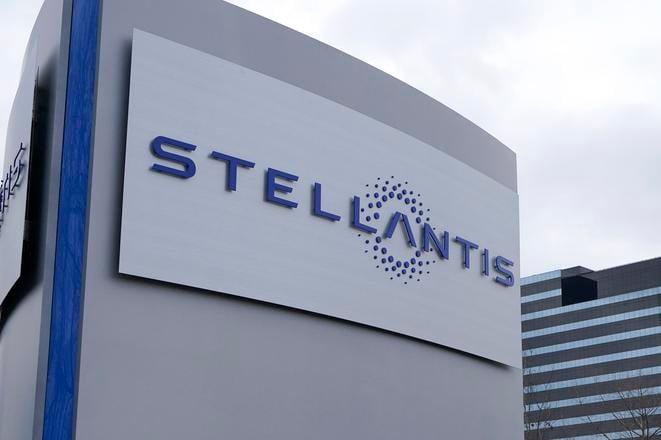Slovakia has missed another opportunity to host production of a major electric vehicle model, the Hospodárske Noviny financial daily reports. Stellantis, the global carmaker behind brands like Peugeot, Citroën, Fiat, Opel and Jeep, has reportedly chosen Zaragoza, Spain, instead of its plant in Trnava to manufacture a new electric vehicle (EV) model developed in partnership with Chinese EV startup Leapmotor.
The vehicle, codenamed B10, is part of Stellantis’ €1.5-billion investment in Leapmotor, one of China’s fastest-growing EV companies. The 2023 deal gave Stellantis a 20-percent stake in Leapmotor and control of its international sales — a move aimed at combining Chinese innovation with Stellantis’ global manufacturing network.
Originally, production of the new vehicle was planned for Tychy, Poland, but Slovakia later appeared on the shortlist. The unofficial reason for excluding Poland was its support for European tariffs on Chinese cars - a stance Slovakia, one of the few countries in opposition, did not share.

Higher costs keep Slovakia out of the running
But now Slovakia, too, is out of the running. According to Hospodárske Noviny, the decision came down to cost competitiveness. Factors working against Slovakia included high labour costs, a recent increase in corporation tax, and the controversial new transaction tax. A source within the Trnava factory confirmed to the daily that it will not get the Chinese model, indicating that Slovakia is officially out.
This marks the second major EV loss for Slovakia in a short time. Earlier this month, Volkswagen chose Portugal over Bratislava to produce its new ID.1 electric city car, citing similar economic concerns.
Trnava struggles to compete
Trnava has already seen the departure of a flagship model — the Peugeot 208, once a mainstay of its production. In 2023, its combustion-engine version was relocated to Morocco, and the battery version to Spain, ending a 17-year production run in Slovakia.
The decision sparked internal debate within Stellantis and even caught the attention of French politicians. Stellantis' then CEO Carlos Tavares defended the decision in Le Figaro, saying: “The economic equation tied to forcibly relocating this project would not be in the interest of the company or the country [i.e. France].”
Despite these setbacks, production at Trnava remains strong. The plant currently manufactures the Citroën C3 and C3 Aircross, and the newly launched Opel Frontera. Like other car factories in Slovakia, it is facing strong demand for small urban vehicles.
Still, the loss of a brand-new EV model is significant. It highlights growing concerns that Slovakia’s auto industry is losing ground to more cost-effective locations, particularly in southern Europe, as the sector rapidly transitions to electromobility.


 Stellantis manufactures multiple brands, including Peugeot, Citroën, Fiat, Opel and Jeep. (source: Carlos Osorio)
Stellantis manufactures multiple brands, including Peugeot, Citroën, Fiat, Opel and Jeep. (source: Carlos Osorio)